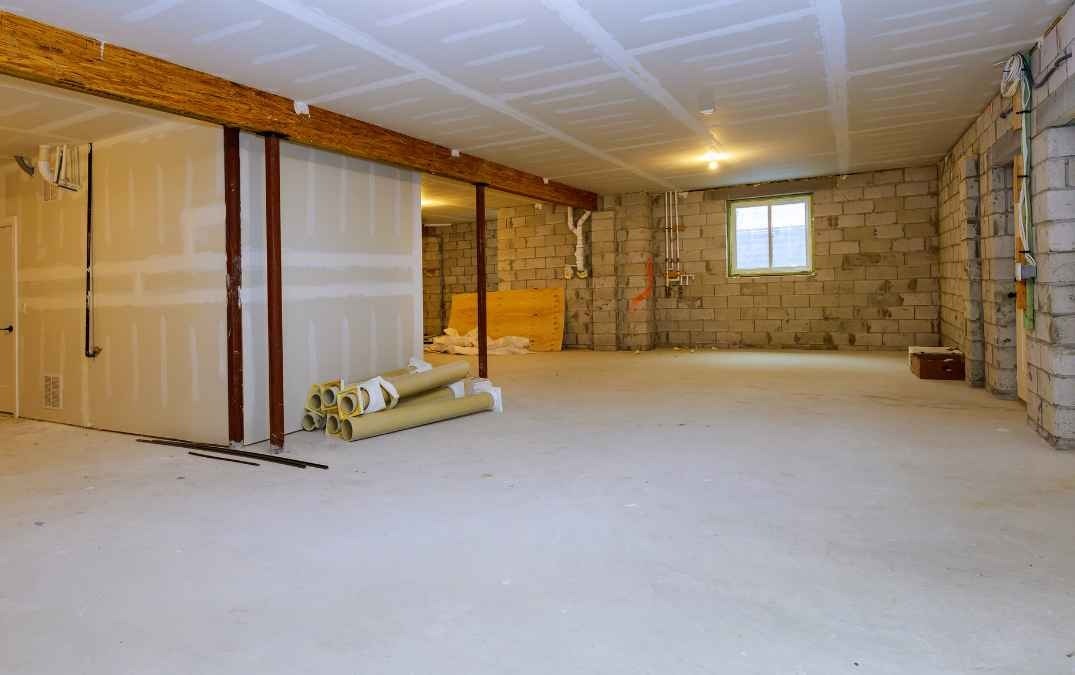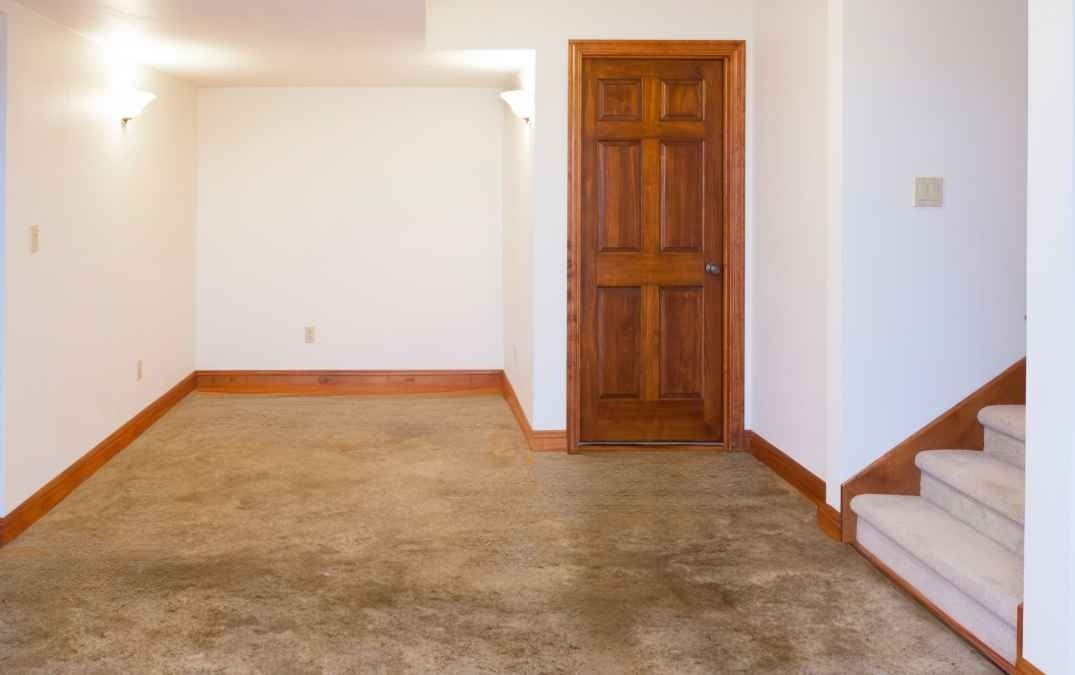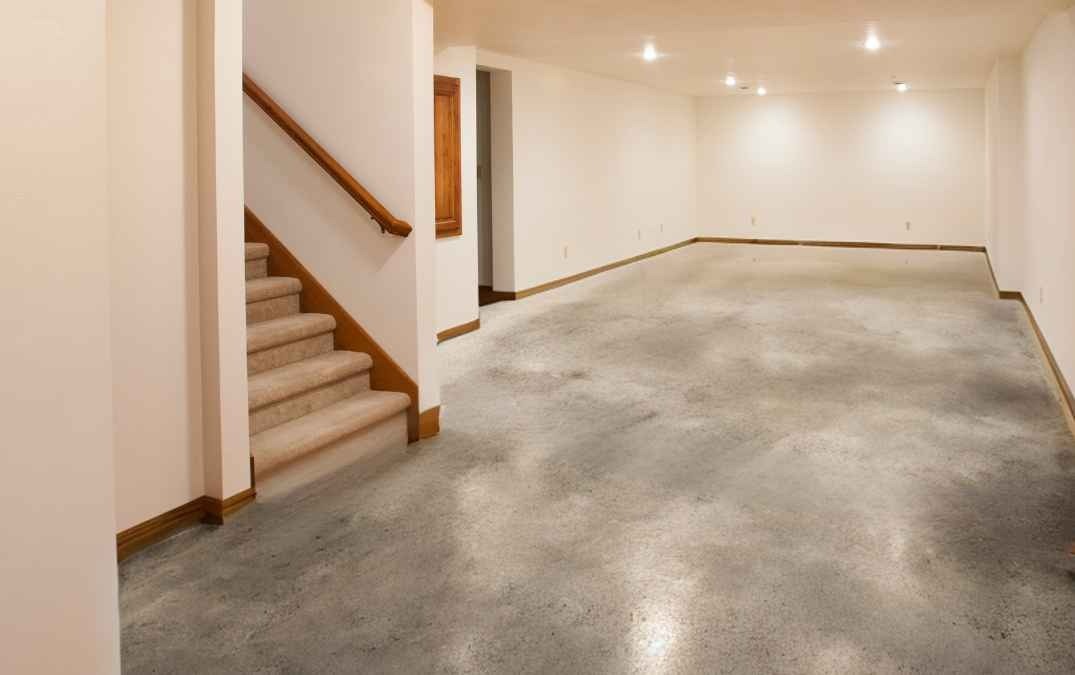Waterproof flooring for a basement?
Waterproof flooring in a basement, vinyl plank flooring, ceramic or porcelain tiles, epoxy flooring, rubber flooring, and concrete with a waterproof sealer are excellent options. Vinyl planks are highly water-resistant and durable, while ceramic and porcelain tiles are inherently waterproof and come in various designs. Epoxy coatings create a seamless, water-resistant surface ideal for multi-purpose basements. Rubber flooring is water-resistant and provides a softer surface, perfect for playrooms or gyms. Concrete floors sealed with a waterproof sealer offer a modern look and moisture protection. Ensuring proper subfloor preparation and considering a moisture barrier can further enhance the durability and effectiveness of these flooring options.



